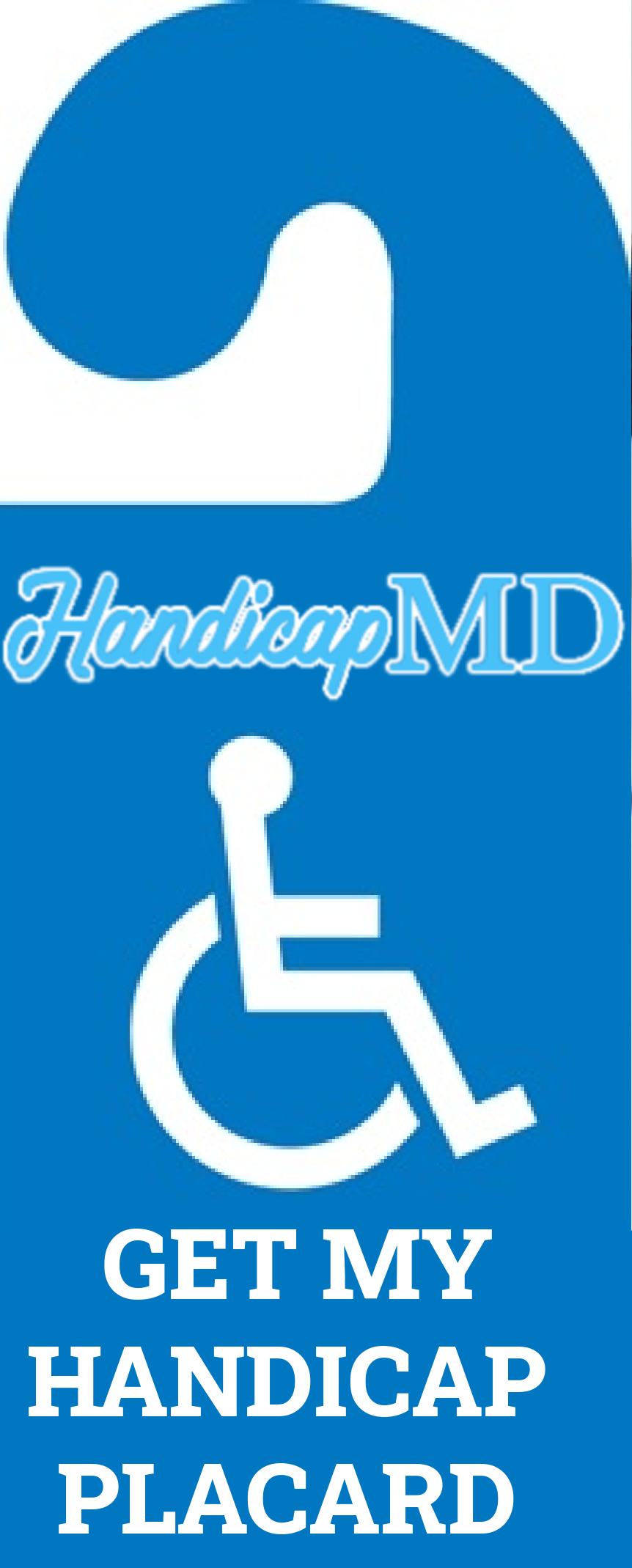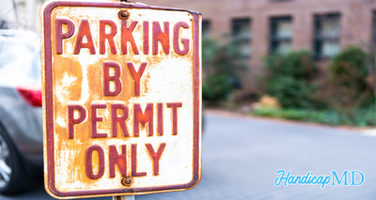
The Impact of Handicap Placard Abuse and How to Report it in West Virginia
In today's society, it's crucial to address issues like disability permit abuse and ensure that justice is served. West Virginia, like many other places, faces the challenge of misuse of passes. This article delves deep into the subject, shedding light on the impact of handicap placard abuse in West Virginia and offering guidance on how to report it effectively. Let's explore this pressing issue and find ways to combat it together.
Introduction
The misuse of handicap permits is a serious concern, not only in West Virginia but across the nation. These placards are intended to make life easier for individuals with disabilities by providing closer parking spots and easier access to facilities. However, when they are abused, it not only inconveniences those who genuinely need them but also undermines the integrity of the system. In this comprehensive article, we will explore the impact of placard abuse in West Virginia and provide you with the necessary information to report it.
Understanding Placards
Before we delve into the issue of abuse, it's essential to understand what disability permits are and how they are supposed to work.
What Are Handicap Placards?
Handicap placards, also known as disability parking permits, are official documents that allow individuals with disabilities to park in designated accessible parking spaces. These are issued to individuals who have a qualifying disability, such as limited mobility, and they provide certain privileges, such as parking in spaces close to entrances. Always be mindful of the expiration date of your disability permit to ensure timely renewal.
How Handicap Placards Benefit Those in Need
Disability passes play a crucial role in enhancing the quality of life for individuals with disabilities. They ensure that these individuals can access public places with ease, reducing the physical barriers they face in their daily lives.
The Impact of Handicap Placard Abuse
Disability permit abuse has far-reaching consequences, affecting both individuals with disabilities and society as a whole. Let's explore the various aspects of its impact.
Strain on Legitimate Users
One of the most significant impacts of permit abuse is the strain it puts on legitimate users. Individuals with disabilities depend on accessible parking spaces to go about their daily activities. When these spaces are occupied by those without disabilities, it makes life much more challenging for those who genuinely need them.
Erosion of Trust
The abuse of disability passes erodes trust in the system. When people see others taking advantage of the system, it undermines the legitimacy of the permit program as a whole. This can lead to cynicism and decreased compliance with disabled parking regulations.
Financial Implications
The financial implications of disability pass abuse are significant. When people misuse passes to avoid paying for parking or fines, it can cost municipalities and businesses substantial revenue. This loss affects public services and can lead to increased costs for everyone.
Reporting Handicap Placard Abuse
Reporting pass abuse is a crucial step in addressing this issue. Here's how you can take action in West Virginia.
Document the Violation
If you suspect someone is misusing a disability permit, take clear photos or videos of the violation. Make sure to capture the permit, the vehicle, and any identifying details.
Contact Local Authorities
Report the violation to your local law enforcement or parking authority. Provide them with all the evidence you have collected. They will investigate the matter further.
Use the WV DMV Hotline
West Virginia has a dedicated hotline for reporting permit abuse. You can call the WV DMV Fraud Hotline at 1-866-206-2728 to report violations.
Encourage Awareness
Spread awareness about the importance of disability permit compliance in your community. The more people understand the consequences of abuse, the less likely they are to engage in it.
FAQs
How can I differentiate between a genuine and a fake disability permit?
Differentiating between a genuine and a fake permit can be challenging, as some forgeries can be quite convincing. Look for security features, such as holograms and watermarks, on the permit. Additionally, if you suspect abuse, document the violation and report it to the authorities.
What are the penalties for handicap pass abuse in WV?
Penalties for West Virginia handicap placard abuse can include fines, the revocation of the pass, and even criminal charges. The severity of the penalties depends on the nature and frequency of the violation.
Can I report disability permit abuse anonymously?
Yes, you can report permit abuse anonymously. Many states, including WV, allow for anonymous reporting to protect whistleblowers and ensure the safety of those reporting abuse.
How can I raise awareness about handicap pass abuse in my community?
To raise awareness about pass abuse, consider organizing educational campaigns, sharing information on social media, and collaborating with local disability advocacy groups. The more people are informed about the issue, the better equipped they are to combat it.
What are some common signs of disability permit abuse?
Common signs of permit abuse include individuals who do not appear to have a disability using the permit, permits that are expired or belong to someone who is not present, and fraudulent or altered permits.
Are there any initiatives to combat disability pass abuse in WV?
Yes, West Virginia has taken steps to combat handicap pass abuse, including establishing a dedicated hotline for reporting abuse. Additionally, law enforcement agencies conduct periodic checks to ensure placard compliance.
Conclusion
The impact of handicap placard abuse in West Virginia is a pressing issue that requires our collective attention. By understanding the consequences of abuse and knowing how to report it, we can work towards a more equitable society for individuals with disabilities. Together, we can make a positive difference and ensure that handicap placards are used as intended, providing access and support to those who truly need them.
.png)






